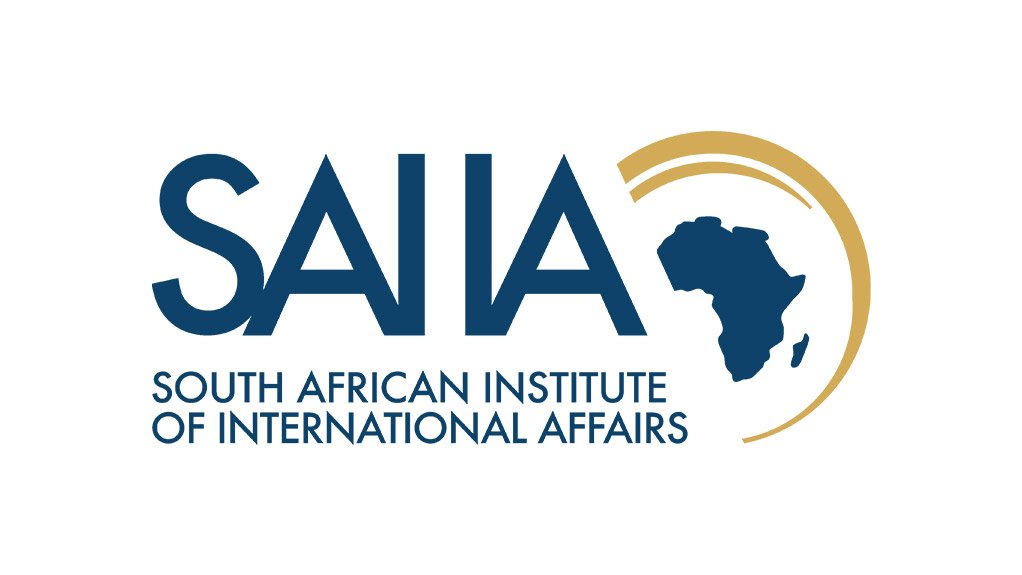G20 leaders meeting in Osaka on June 28 and and June 29 may be wondering whether the planned agenda will be overtaken by rapidly unfolding events in the Persian Gulf or the US-China trade dispute.
There will certainly be a number of bruised relationships around the table, as not many members have escaped the erraticism that has come to define recent US foreign policy.
For the Japanese presidency, maintaining and strengthening the multilateral system has been a constant refrain, as has been the importance of preserving the WTO even though it requires reform.
Prime minister Shinzo Abe has also pushed for the G20 to make progress on a framework for digital governance, seeing the G20 as a locomotive to bring new models to the global economy.
One of the most significant issues at this summit will be the concept of Data Free Flow with Trust (DFFT), which the prime minister is promoting. He hopes to launch the Osaka Track (focusing on Asia) at the summit. Japan regards the Pacific and Indian Oceans as vital areas for global economic growth and connectivity is a vital part of this, but international standards and better coordination are necessary.
During its G20 presidency, Japan thus built on an initiative it championed in 2016 as chair of the G7, when the group adopted the Ise-Shima Principles for Promoting Quality Infrastructure Investment. Infrastructure has been a continuous feature of the G20 summits, especially since the Seoul Consensus on Development was adopted in 2010.
Most recently the Argentine presidency last year focused on the issue of infrastructure as an asset class. The Leaders communique in November 2018 endorsed the Roadmap to Infrastructure as an Asset Class and the G20 Principles for the Infrastructure Project Preparation Phase. It also stressed that the G20 was taking actions to achieve ‘greater contractual standardisation, address data gaps and improve risk mitigation instruments’.
The Japanese focus on ‘quality infrastructure’ in the G20 is likely to see some of the principles set out in the G7 2016 outcomes. Debt sustainability has been another concern highlighted by the Japanese, and this clearly reflects the growing debate in Africa about the implications of rising debt. Greater debt transparency, especially among all G20 members, will be crucial in the future.
All of these issues highlighted above are important for Africa. The erosion of the multilateral system is not in our interest, as small economies with limited leverage. Equally, determining rules and codes of conduct relating to data governance and e-commerce is necessary, and there needs to be an African position on these. However, what Africa needs to avoid is a situation where it becomes a rule-taker in these decisions rather than clearly staking its position and seeking to influence the outcomes. Particularly in the West there has been much said about Africa’s rising debt. Indeed, the World Bank noted that 40% of sub-Saharan African countries were at risk of a major debt crisis.
The infrastructure financing gap in Africa is significant – anything between $68bn and $108bn annually. While private finance is often touted as the panacea, it is only part of the story. Public fund and multilateral development banks are still important and sometimes better alternatives, although in the case of the latter, they need to be adequately capitalised (enter the G20 members). However, it is also important to distinguish between debt raised for investment versus that raised to finance current expenditure. That being said, the G20 has a responsibility to advocate for and support debt data reporting and greater transparency, while African states need to ensure the quality of the infrastructure investments, as well as their sustainable financing.
The G20 Osaka Summit will be held two months into the commencement of the new age of Reiwa (“beautiful harmony”) in Japan, with the accession to the throne of Emperor Naruhito. One hopes that the significant deliberations that are drawn from some of the most pressing global challenges will not be overshadowed by ‘disharmony’ among the members.
Global economic governance
Over the last three years, SAIIA has been part of a consortium working on Global Economic Governance that has covered many of the themes highlighted above – debt and taxation, infrastructure, and e-commerce. Below are links to some of these papers:
- The G20’s Contribution to Sustainable Development in Africa
- Aligning G20 Initiatives with Africa’s Priorities
- Sustainability Standards, SMES and GVCS: Recommendations for the G20
- Managing Africa’s Rising Debt: Time for a Multi-Pronged Approach
- The case for infrastructure as an asset class
- Opportunities and Challenges in Engendering the African Energy Value Chain
- Informing the Approach of Multilateral Development Banks to Use of Country Systems
- Bridging the Digital Divide and Supporting Increased Digital Trade: Scoping Study
- G20-Africa ties
- SAIIA also produced the following research on G20-Africa cooperation this year:
- G20-Africa engagement: Finding a roadmap to shared development
- Tracking G20-Africa commitments
- T20 Africa taskforce
SAIIA recently joined the world’s leading think tanks in Tokyo at the Think 20 Summit of the Japanese presidency. SAIIA co-chaired the Africa taskforce with the Japanese International Cooperation Agency-Research Institute and the African Development Bank. The German Development Institute and SAIIA also act as the Secretariat of the T20 Africa Standing Group, which formed the taskforce. The contributions made by T20 Africa to the G20 Japanese presidency are below:
- Tax Challenges of Digitalisation in Africa
- Sustainable Prevention of Food Crises in Sub-Saharan Africa
- Linking Smallholder Production with Value-Added Food Markets
- Industrial Development and ICT in Africa: Opportunities, Challenges and Way Forward
- G20 Compact with Africa
- Fiscal and Debt Sustainability in Africa
Research by Elizabeth Sidiropoulos, SAIIA
EMAIL THIS ARTICLE SAVE THIS ARTICLE ARTICLE ENQUIRY
To subscribe email subscriptions@creamermedia.co.za or click here
To advertise email advertising@creamermedia.co.za or click here











